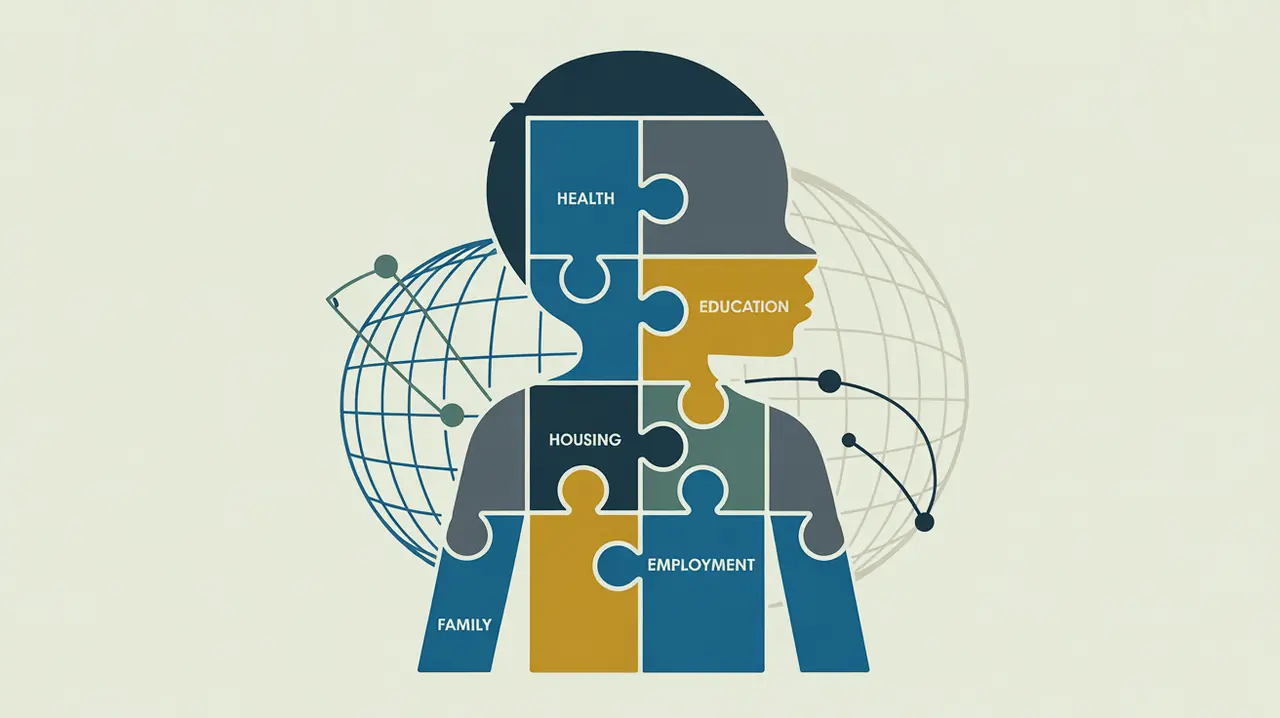Importance of Philanthropy
Philanthropy plays a pivotal role in advancing social change by mobilizing private resources for public good. In international development, it provides flexible funding to address urgent needs, pilot new ideas, and support long-term initiatives that governments or markets may overlook. For nonprofits and social innovators, philanthropy matters because it can catalyze innovation, sustain organizations, and amplify impact across diverse sectors. Its importance lies in bridging gaps between public resources, private investment, and community needs.
Definition and Features
Philanthropy refers to the voluntary giving of money, time, or resources by individuals, foundations, or corporations to promote social, cultural, or environmental goals. Its defining features include:
- Voluntary Contribution: based on generosity rather than obligation.
- Public Benefit: directed toward causes that advance collective wellbeing.
- Flexibility: ability to fund high-risk, innovative, or long-term initiatives.
- Diverse Actors: spanning wealthy individuals, family foundations, corporate giving, and community-based philanthropy.
How this Works in Practice
In practice, philanthropy takes many forms, from large foundation grants funding global health programs to small community donations supporting local schools. For example, philanthropic capital may fund vaccine development, disaster relief, or education scholarships. Increasingly, philanthropy is shifting toward strategic giving, impact measurement, and collaboration with governments and businesses. Challenges include unequal power dynamics between donors and recipients, limited accountability mechanisms, and concentration of influence among a small number of large funders.
Implications for Social Innovation
Philanthropy has significant implications for social innovation because it can take risks and invest in solutions that other actors may not. Emerging models such as impact philanthropy, participatory grantmaking, and blended finance aim to align giving with equity and accountability. For proximate actors, philanthropy can provide critical resources and partnerships to advance locally driven change. Philanthropy is essential for resourcing innovation, addressing inequality, and supporting inclusive development.







